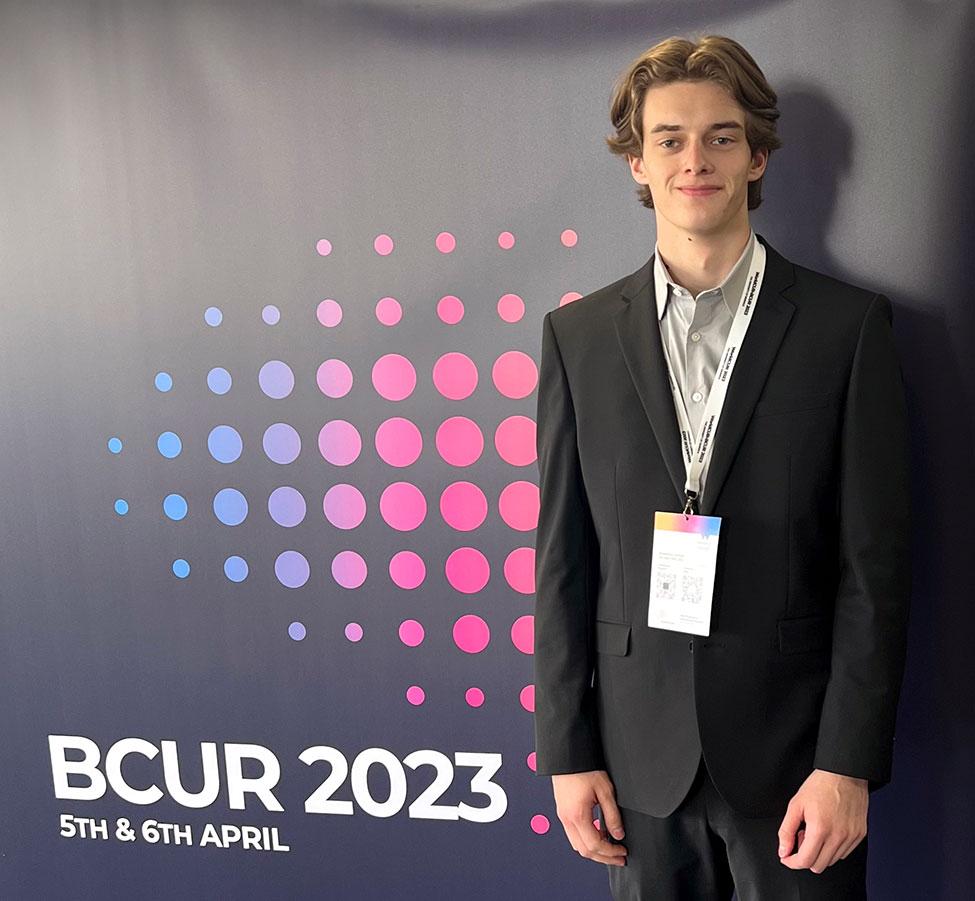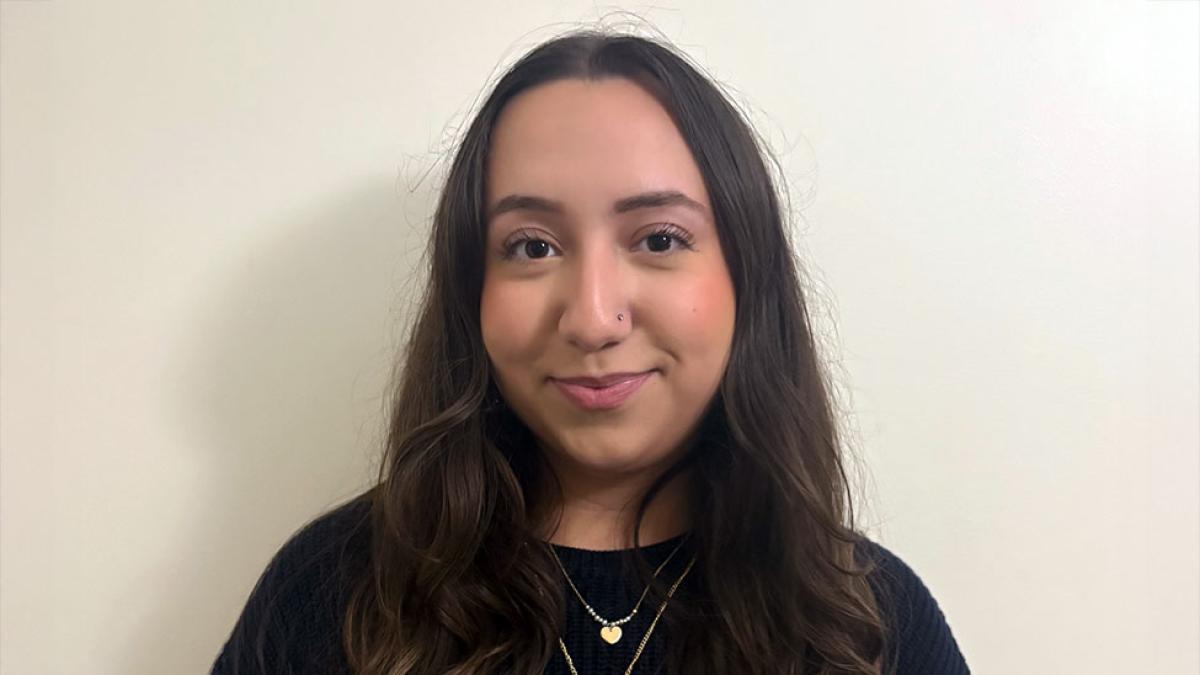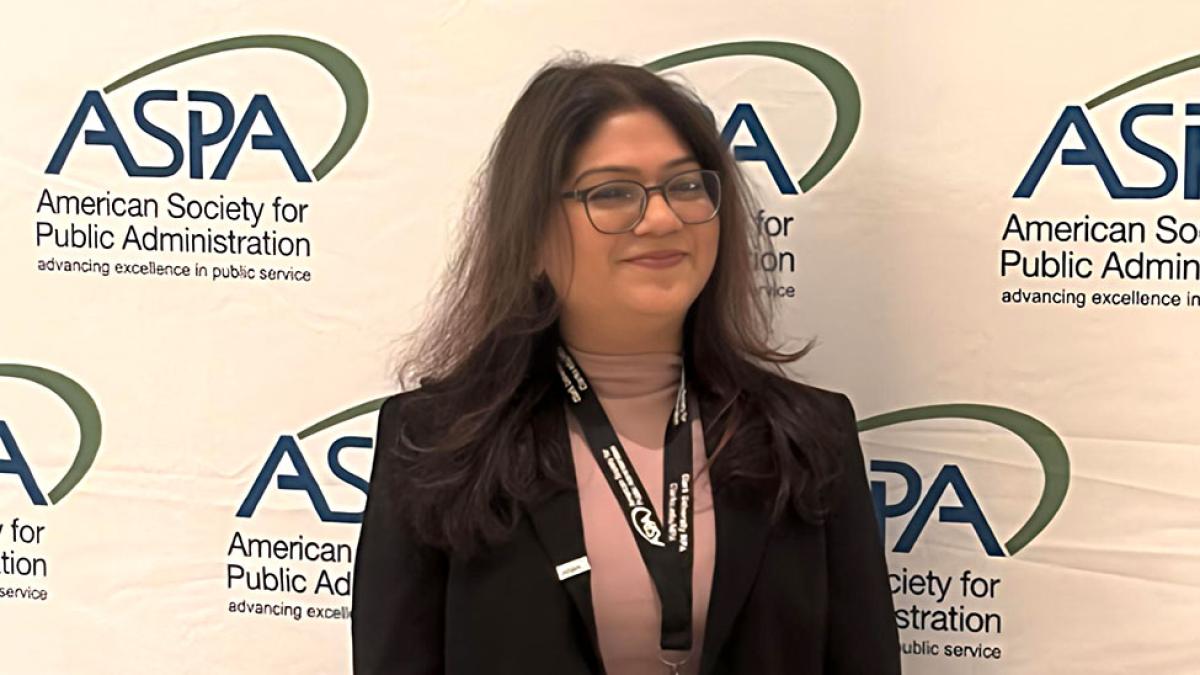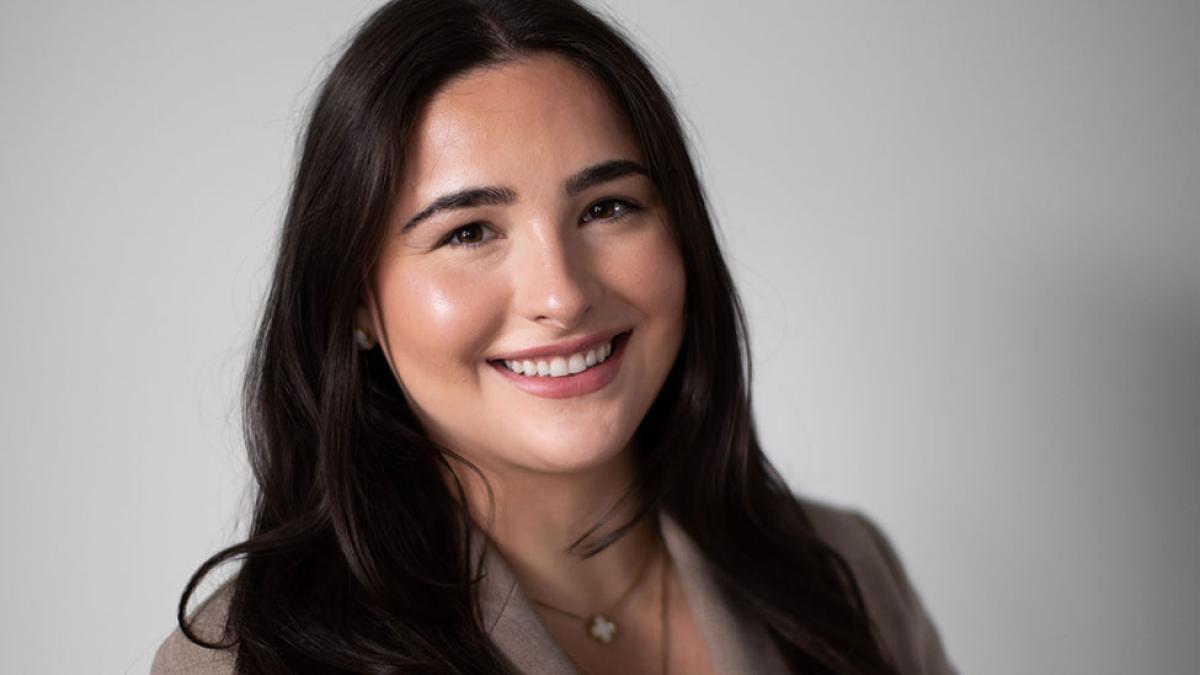
Exploring Relationships: Q+A with James Kennedy '24

James Kennedy
Class of 2024
Personality and Social Psychology, BA
As a Pace student, James has engaged in multiple research opportunities, such as participation in the British Conference of Undergraduate Research (BCUR) and the World Congress on Undergraduate Research (WorldCUR) in Coventry, England.
Please tell us more about these experiences and how they have been meaningful to you.
At BCUR, I had the opportunity to present research with my faculty mentor, Professor Courtney Gosnell, PhD, on politics, relationships, and moral foundations. The goal was to explore factors that might explain why people are able to maintain cross-political party close relationships (and why those relationships sometimes dissolve). As part of this research, we examined if certain moral foundations predict whether an individual will be more open to cross-political party relationships. This study was published in Transactions, Volume 24, and I presented it as a plenary speaker at the Society of Fellows seminar.
At WorldCUR, I had the unique opportunity to collaborate with various international students and conduct a study exploring the challenges of social media usage that might contribute to social disconnect in Generation Z. These experiences have taught me how to network globally and think critically to present my research to a new and diverse audience.
How did you become interested in pursuing a Bachelor of Arts in Personality and Social Psychology?
I have always been curious about the workings of physical things. At a young age, this meant tinkering with mechanisms and trying to determine what purpose items had in our world. As I prepared for college, I considered a career in architecture, as I liked to design and create. However, I realized that there was more to discover, and this is where my love of social and personality psychology stems from.
Why did you choose to attend Pace?
I chose Pace because it offered a degree specifically focusing on personality and social psychology and one through which I could conduct undergraduate research. After I visited Pace’s Pleasantville campus, I felt it was the right choice for me as the students and faculty made me feel like I belonged. The campus fits me well and the people share similar interests and a passion for learning.
What have your experiences been like with the Pleasantville Psychology Department? What faculty have been instrumental in your academic journey?
Professor Courtney Gosnell has been instrumental in helping me reach my potential. Through her mentorship, I have had the opportunity to conduct research, analyzing topics such as cross-political-party close relationships; social behavior in both romantic and non-romantic relations; and college student experiences, emotions, and mindfulness-based coping practices. One of my most impactful courses in the Pleasantville Psychology Department was Experimental Psychology, through which I collaborated with students over numerous semesters to conduct two of our own research studies. In one, we utilized online questionnaires to investigate the relationship between maximization and birth order, as well as caretaker roles among siblings. In another, we explored first-generation college students’ coping strategies for stress and anxiety through mindful exercise. In summer 2023, I obtained funding through the Provost Office Student-Faculty Undergraduate Research Award to conduct a study I created exploring self- versus partner self-control and its impact on goal conflict within close relationships.
I chose Pace because it offered a degree specifically focusing on personality and social psychology and one through which I could conduct undergraduate research.
Tell us about any other research experiences you have had as a Pace student.
With the guidance of Assistant Provost for Undergraduate Research Maria Iacullo-Bird, PhD, I was introduced to the Council for Undergraduate Research, through which I participated in a first-ever leadership training program called Scholars Transforming through Research. It provided me with professional development tools for communications and advocacy towards stakeholders and lobbyists. Learning how to present my research to obtain funding is a skill that will benefit me in the future.
What other activities or organizations are you involved with at Pace?
At Pace, I started working in the Interpersonal Behavioral Lab during my sophomore year. Initially, I helped students and my advisor with background research and coding for projects being conducted in the lab. I was then introduced to Qualtrics and started creating questionnaires and utilizing more complex tools to control “question behavior,” which refers to how questions in surveys or questionnaires for a research study respond based on certain conditions. I have analyzed data in five of my own projects as well as data from other researcher's projects and class projects. Today, I am a mentor to other student researchers.
What would you like to do upon graduation/what are your career goals?
After graduation, I plan to enroll in a combined master’s and doctoral program that will enable me to become a research psychologist focusing on social psychology. My future career plans include sharing my love of research and discovery in social psychology as a university or college professor, so I may spark an interest in psychology with students from all demographics.
What advice would you like to give to our current students?
Follow what you are passionate about and do not let others tell you what you can’t do. Do not be afraid to make your own path and determine what is best for you. Challenges will arise and be overcome, and you will look back and be shocked at what you have accomplished. Do not let anything hinder your potential. You are capable of way more than you think!


